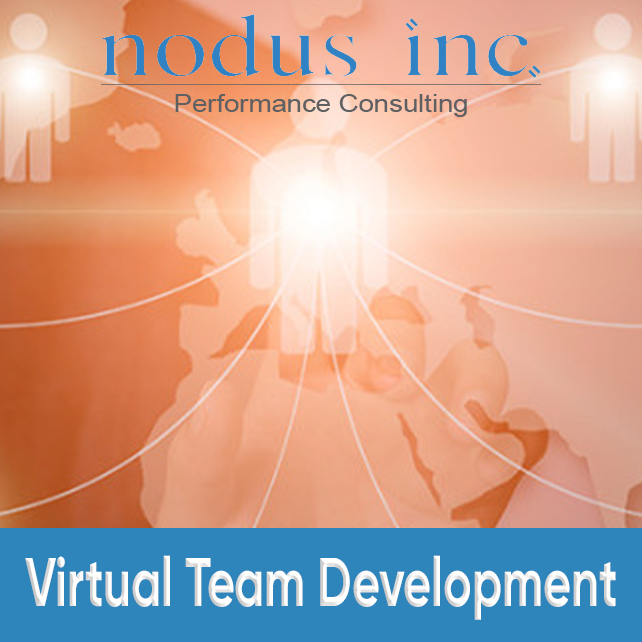ACCELERATING TEAM PERFORMANCE
Talent Development
Accelerating Team Performance Using
“Five Dysfunctions of a Team”
In today’s fast-paced environment, everyone is called upon to work as a team. Assembling a group of people to accomplish a task does not necessarily create team peak performance. Many times that group is unable to accomplish more as a team than what those individuals could accomplish on their own. It takes understanding of team concepts, understanding each other, and creating a commitment to work together that result in achieving synergy and team peak performance.
This customized facilitation process takes a team through a series of exercises using the framework developed by Patrick Lencioni in “The Five Dysfunctions of a Team”. After an initial consultation, we plan several group meetings designed to build trust within the team, engage in productive conflict, increase commitment, and improve accountability. The result targeted is improved team peak performance based on measurable results that are identified by the team.
What Are The 5 Dysfunctions of a Team?
- Absence of Trust: The fear of being vulnerable with team members prevents the building of trust within the team.
- Fear of Conflict: The desire to preserve artificial harmony stifles the occurrence of productive ideological conflict.
- Lack of Commitment: The lack of clarity or buy-in prevents team members from making decisions they will stick to.
- Avoidance of Accountability: The need to avoid interpersonal discomfort prevents team members from holding one another accountable.
- Inattention to Results: The pursuit of individual goals and personal status erodes the focus on collective success.
Accelerating Team Performance Course Objectives
- Build trust within the team by discovering individual and team strengths and weaknesses through completing the Myers-Briggs Personality Type Indicator® (MBTI) Step II.
- Engage in interactive exercises to build trust, define success, and understand the value of constructive team conflict.
- Develop Team Key Principles such as “no meeting after the meeting”, discussing issues directly with the person involved, and other positive behaviors that enhance team peak performance.
- Create a common understanding of commitment and accountability and agree to the behaviors that will work best for that team.
- Each program is customized using the framework of “The Five Dysfunctions of a Team” to address specific team issues.
Benefits for the Individual
- Growth through self-development and awareness of personal strengths and weaknesses
- Increased commitment to the team
- Appreciation of the styles and contributions of others
- Enhanced skills in contributing to a team
Benefits for the Organization
- Potential for increased productivity and quality team peak performance
- Enhanced understanding and appreciation for diversity
- Improved retention of talent by building strong relationships
- Greater buy-in to change processes involving teamwork
Who Should Attend ?
Intact teams who would like to benefit from the improved results, teamwork, and productivity that can be achieved through “The Five Dysfunctions of a Team” process.
RELATED CLASSES

Delivering High Impact Virtual Presentations
Many presentations and meetings in organizations today are not face-to-face but delivered over teleconference or video conference. Although these meetings can be cost effective, there are many challenges in communicating information virtually.

Virtual Leadership Training
This course is for leaders of teams who are geographically dispersed either locally in separate offices, globally, through home offices, or any configuration where the team is rarely face-to-face and must conduct business meetings virtually.

Communication Skills and Tools for Virtual Teamwork
Building virtual teams can be challenging. Learning effective virtual communication skills allows for quicker ramp up and helps avoid challenges faced when working and communicating remotely.
No Results Found
The page you requested could not be found. Try refining your search, or use the navigation above to locate the post.

Improving Collaboration Through MBTI
In today’s fast-paced environment, everyone is called upon to work as a team. Assembling a group of people to accomplish a task does not necessarily create a team that can accomplish more than what individuals could accomplish on their own.
Keep up with Nodus &
Nodus President Debbie Waggoner
on Twitter and LinkedIn.
